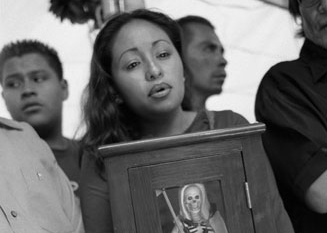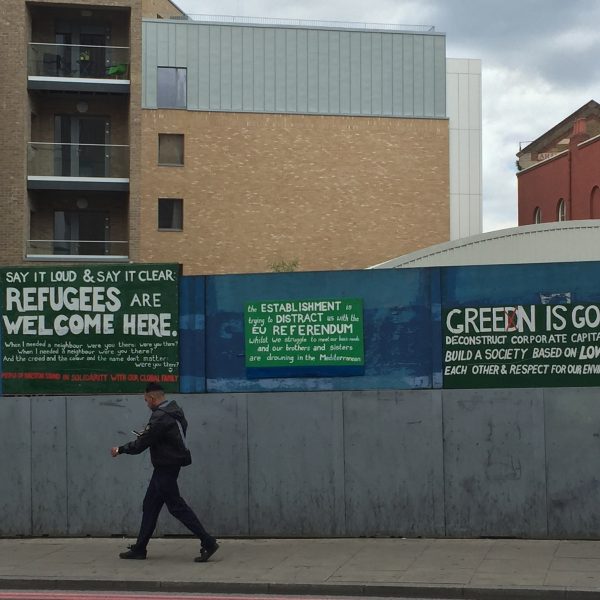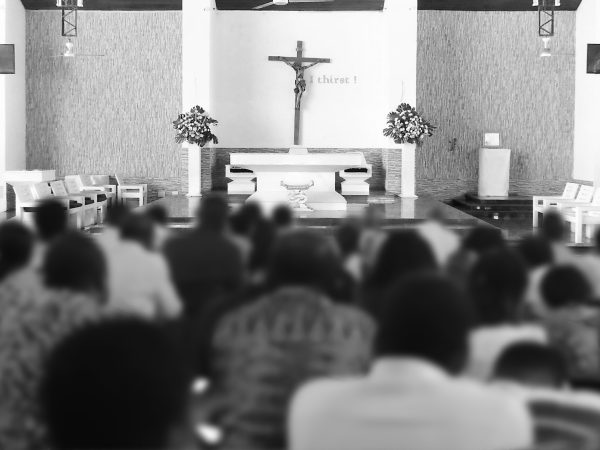
Worship, with its “meaning-laden symbols, repeating rituals, sacred texts, shared song, prescribed prayers, re-enacted narratives,” has a way of moving the worshiper away from what is proscribed to what is prescribed; in effect, from the vices of corruption to the virtues that promote the common good.
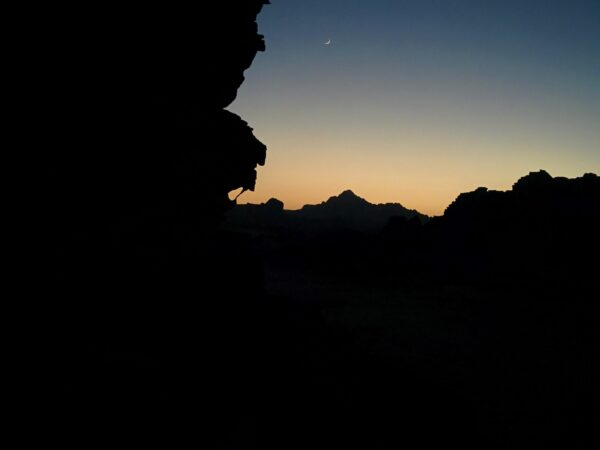
Against that paradigm of crisis–critique–historical consciousness, in which phenomena need to be given a proper categorical frame of reference to achieve the fullness of their historical meaning, this essay turns to the theological figure of “tribulation” in order to animate another tradition of thinking the difficulty of the present.
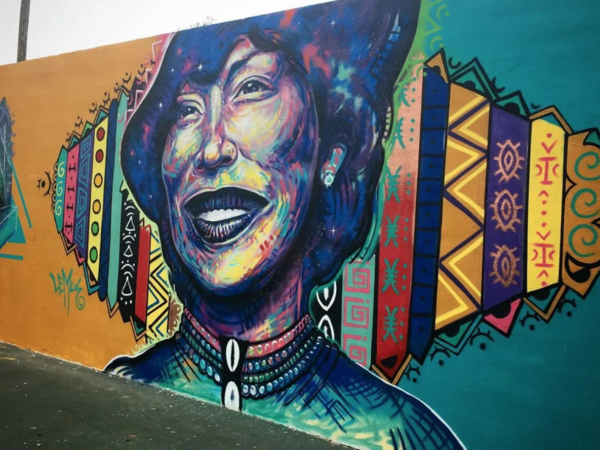
The best place to begin in bringing theology and anthropology closer together is with someone who did not write as if the two were separate, even opposed disciplines. Zora Neale Hurston carried out ethnographic fieldwork on behalf of Franz Boas, and yet, writing in multiple genres, articulated a theological vision that meshed the universal God with particular human experience: “Nothing that God ever made is the same thing to more than one person.”
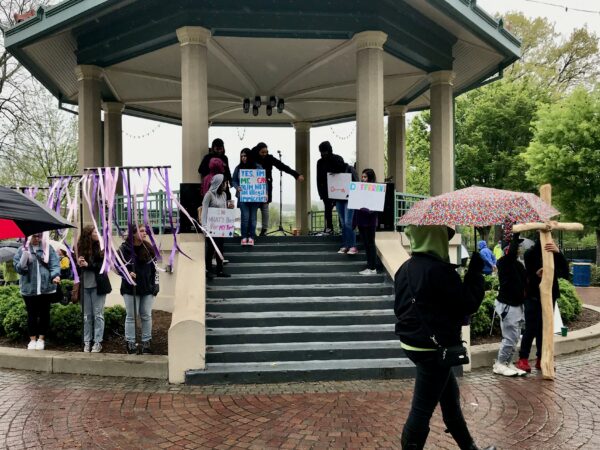
A common denominator among most scholarship on the relationship between theology and anthropology is lack of specificity around which and whose anthropology and theology we’re talking about. This overly generalized frame has privileged white, male, Eurocentric intellectual traditions and misses the generative possibilities of a more specific interdisciplinary exchange.
